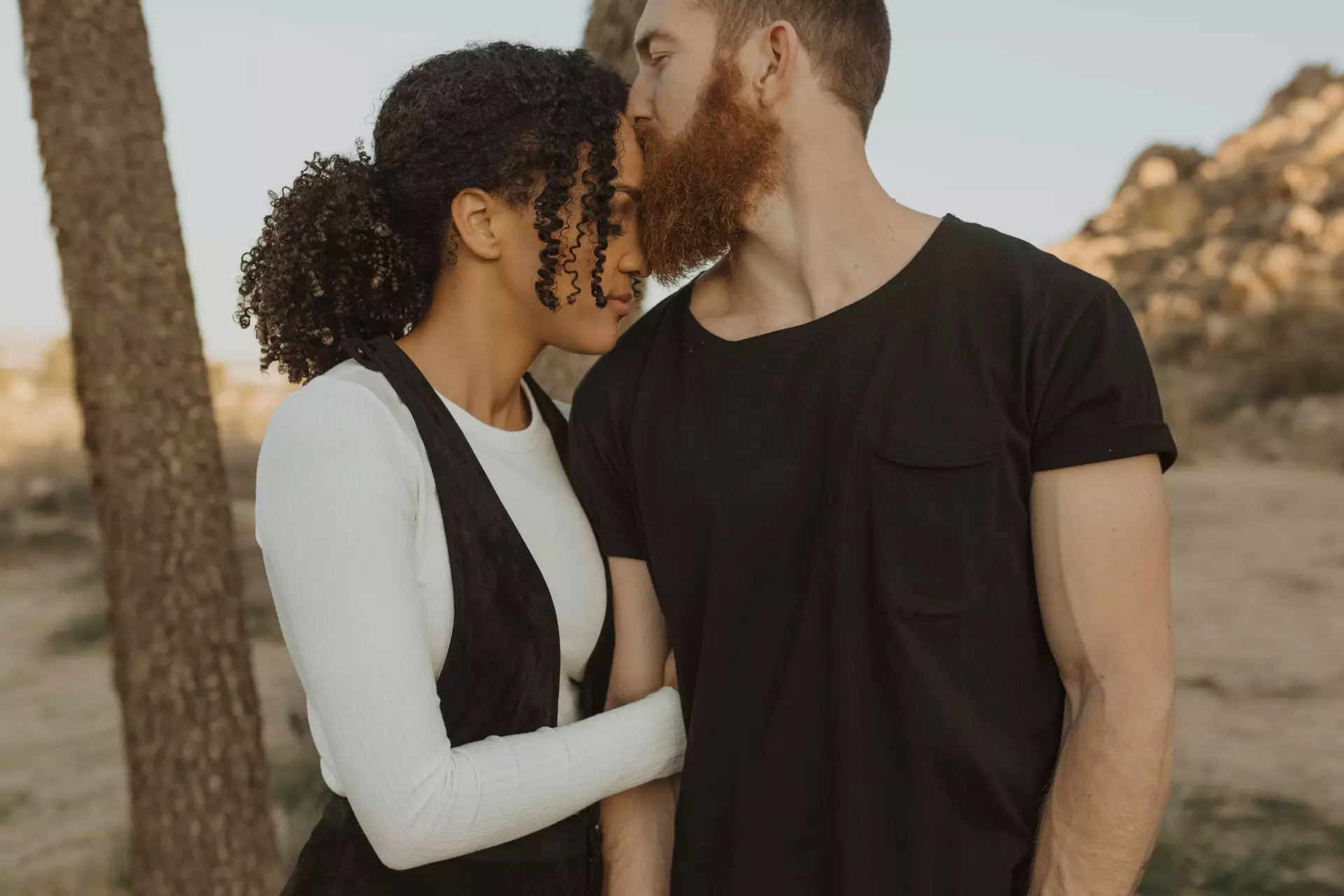What Should You Expect In Marriage Counseling?
Your first counseling session is a huge step in the right direction while also a daunting realization that something is actually wrong with your relationship.
Many struggling couples put off counseling which is natural, and healing the fracture in your relationship can be an uncomfortable process.
Knowing what to expect in marriage counseling removes the unknown and makes it easier to take that next step.
That’s why our team of expert counselors have put together this guide on what you and your partner can expect from marriage counseling.

Your first session
In the very beginning, your counselor will require the necessary paperwork and fill you in on the legalities and policies of a therapist-patient relationship. Usually, this involves policies regarding payment, insurance, and the best way to contact the counselor.
Once you’ve gotten these necessities out of the way, your counselor is there to listen to you and your partner. You can tell the counselor about yourselves and what brings you to counseling.
Your counselor might ask intimate and private questions in the first session, as they understand more about your relationship.
You may feel uncomfortable, discussing deeply private parts of your life with someone you’ve just met.
However, this is entirely normal and you’ve got to trust the process. Sharing these vulnerable moments is going to help you release some of that mental burden you’ve been carrying.
Answering uncomfortable questions helps the counselor understand the dynamics of your relationship and what could be causing issues and underlying tension.
Your marriage counselor may also decide to split you and your partner up. Starting off with individual sessions to try to find the root cause and hear each person’s perspective, without the pressure of their significant other.

Helping your counselor get to know you
The more your counselor gets to know you, and the relationship between yourself and your significant other, the easier it’ll be for them to help you ease the tension and allow you to gradually make progress.
Your counselor may ask tame questions that you believe don’t really matter. They might ask about how you first met or the enjoyable experiences you’ve had together.
They may ask about your childhood and what it was like growing up. They may ask about your day to day life, about work, friends or your favorite hobbies.
They might ask about past relationships and people you were with before your spouse.
No matter the questions, just go with the flow and answer to the best of your ability.
Hard questions
In your first session, there could be some uncomfortable questions. But it can also be rather tame as the counselor is beginning to get to know you both.
But with subsequent sessions, there will be harder questions to answer and more of them. Some of these questions might require deep introspection and can be especially painful to reflect on.
This is where counseling will be its hardest but also where the most growth will come from. If it were easy, no one would have problems in their marriage but unfortunately, this isn’t the case.
You must trust the process and stick with it, even if you feel like going to counseling is too hard. It’s the best way to get your relationship back on track.
Remember: This period isn’t forever and can lay the groundwork for a far happier and more meaningful marriage in the future.
Goals
Your marriage counselor will usually ask what your expectations are. They might ask about your goals at the very beginning or wait until after the first session or later.
A counselor knowing your expectations and what you want out of counseling will help them with the entire process.
Here are some common questions a marriage counselor might ask:
- What do you hope to achieve from marriage counseling?
- What do you both believe are the main issues in your relationship?
- Do you both feel the same way about these issues?
- Asking you and your partner’s individual goals in both the relationship and life
Your counselor may begin setting goals that all three of you agree on. This period of goal setting and achievement within your relationship is an integral part of counseling and for a lot of people, the most satisfying part of marriage counseling.
These goals could be as simple as attending a marriage counseling session each week or setting a designated time and day for a date with just you and your spouse.
Your counselor will help you decide on goals that are attainable and give you those positive feelings that your relationship is moving in the right direction.
Learning how to communicate
In a struggling relationship, it’s not uncommon for the main issue to be poor communication.
Poor communication may not be the root cause of your fighting but Improving how you communicate with your partner is one of the most beneficial skills you can learn together.
This skill is something that will stay with you for life, and learning it early will sew the seeds for a long and happy marriage.
Your counselor will guide you and your partner on how to appropriately communicate with one another, especially in tense situations where things can get heated.

Conclusion
Marriage counseling is not nearly as daunting as it might seem. Hopefully, this guide has shed some light on what to expect so you don’t feel like you’re walking in blind.
If you’re considering marriage counseling, it can be hugely beneficial even if there are no serious issues with your relationship.
If you’re based in New York, contact us at Eclectic Psychotherapy and meet a team of professional marriage counselors you can trust.
